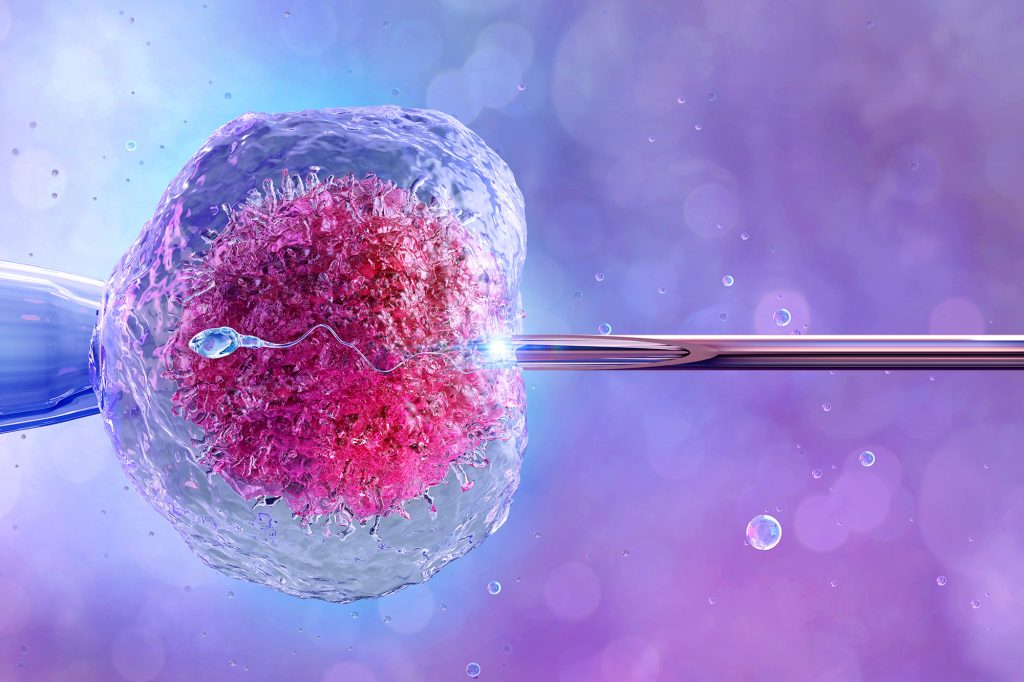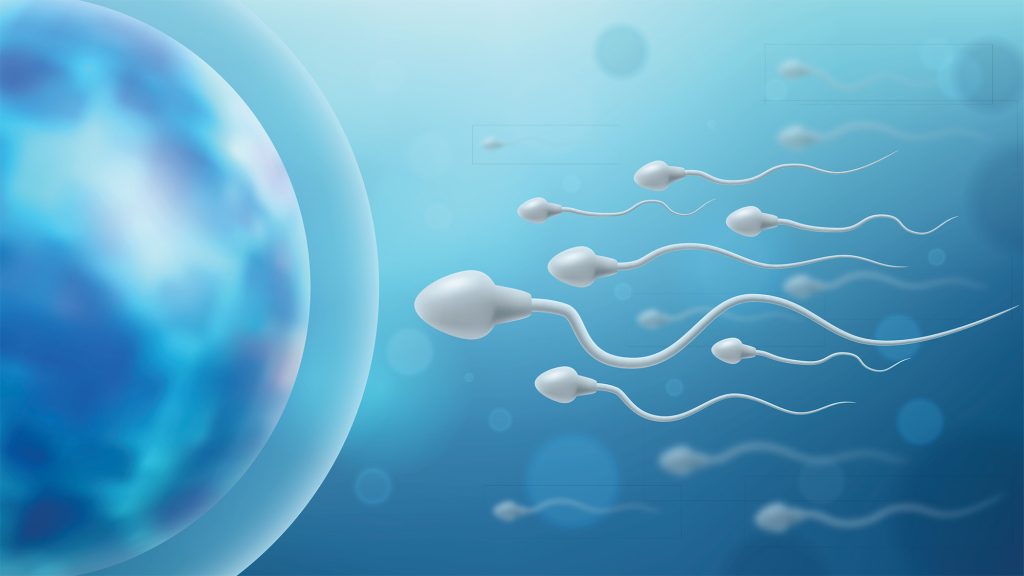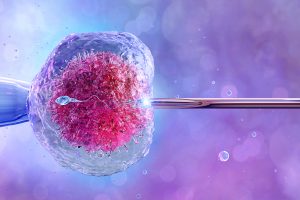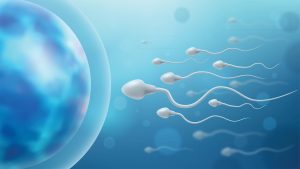Table of Contents
Welcome to our latest blog post from MSI Vasectomy. As experts in the field of male reproductive health, we often encounter questions and concerns about the potential impact of vasectomy on hormone levels. One of the most common inquiries is, “Does a vasectomy lower testosterone?”
In this comprehensive guide, we aim to address this question and provide valuable information about vasectomy, testosterone levels, and other aspects of men’s health to help you make informed decisions regarding your reproductive choices.
Testosterone: The male hormone
It’s also important to understand what exactly testosterone is and the role that it plays – an essential hormone in the male body that plays a critical role in the development of sexual function, muscle mass, and overall well-being.
The role of testosterone in the male body
Testosterone production is crucial for various aspects of male health, including sexual function, muscle mass development, and maintaining healthy bone density. This hormone also influences mood, energy levels, and overall well-being.
Factors affecting testosterone levels
Several factors can affect testosterone levels, such as age, lifestyle, diet, and overall health. Medical conditions, obesity, and medications can also prevent the body from producing testosterone, leading to potential health issues.
Symptoms of low testosterone
Lower testosterone levels can cause symptoms such as erectile dysfunction, reduced sex drive, fatigue, depression, and a decrease in muscle mass. It is essential to monitor these symptoms and seek medical advice to maintain optimal health.

The Impact of Vasectomy on Testosterone Levels
There is a common misconception that a vasectomy may negatively affect testosterone levels, but research has shown that this is not the case. Understanding the effects of vasectomy on hormone levels can help men make informed decisions about this permanent birth control method.
Studies and research on vasectomy and testosterone
Numerous studies have investigated the impact of vasectomy on testosterone production, consistently concluding that there is no significant change in hormone levels post-procedure. A vasectomy does not affect the testicles’ ability to produce testosterone or cause long-term hormonal imbalances.
Debunking myths about vasectomy and testosterone
Misconceptions about vasectomy leading to lower testosterone levels or decreased sexual function often stem from misinformation. Research has consistently demonstrated that a vasectomy does not affect testosterone levels or sexual satisfaction in the long run.
Possible short-term hormonal changes post-vasectomy
While some men may experience temporary hormonal fluctuations after a vasectomy, these changes typically resolve over time. A vasectomy does not interfere with the testicles’ ability to produce testosterone and long-term effects on hormone levels are minimal.
Vasectomy and sexual function
A vasectomy does not negatively impact sexual function or satisfaction. Men can maintain healthy erectile function, libido, and overall sexual performance post-procedure. It is essential to note that a vasectomy does not provide protection against sexually transmitted infections.
Vasectomy and prostate health
Some studies have suggested a potential link between vasectomy and an increased risk of prostate cancer, but the majority of research has found no significant association. Men should continue to monitor their prostate health through regular check-ups and screenings, regardless of their vasectomy status.

Summary
In conclusion, it is evident that a vasectomy does not lower testosterone levels or have a significant long-term impact on men’s health. As a reliable and permanent form of birth control, vasectomy offers men and their partners’ peace of mind and enhanced sexual satisfaction without concerns about unintended pregnancies.
By debunking the misconceptions surrounding vasectomy and testosterone, we hope to empower individuals to make well-informed decisions about their reproductive health. If you are considering a vasectomy or have any questions, we encourage you to consult with one of our experienced specialists at MSI Vasectomy to guide you through the process and address any concerns you may have.



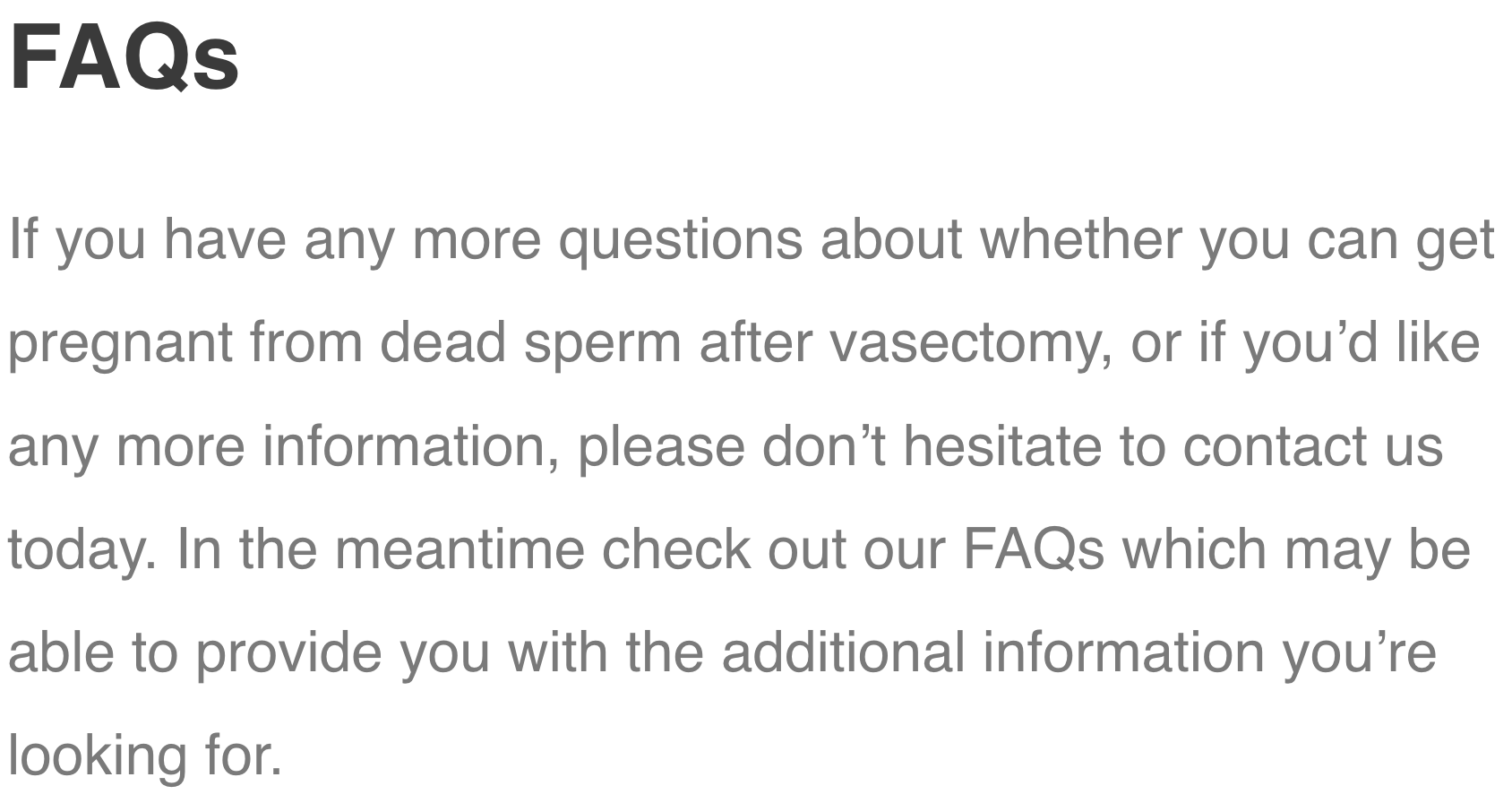
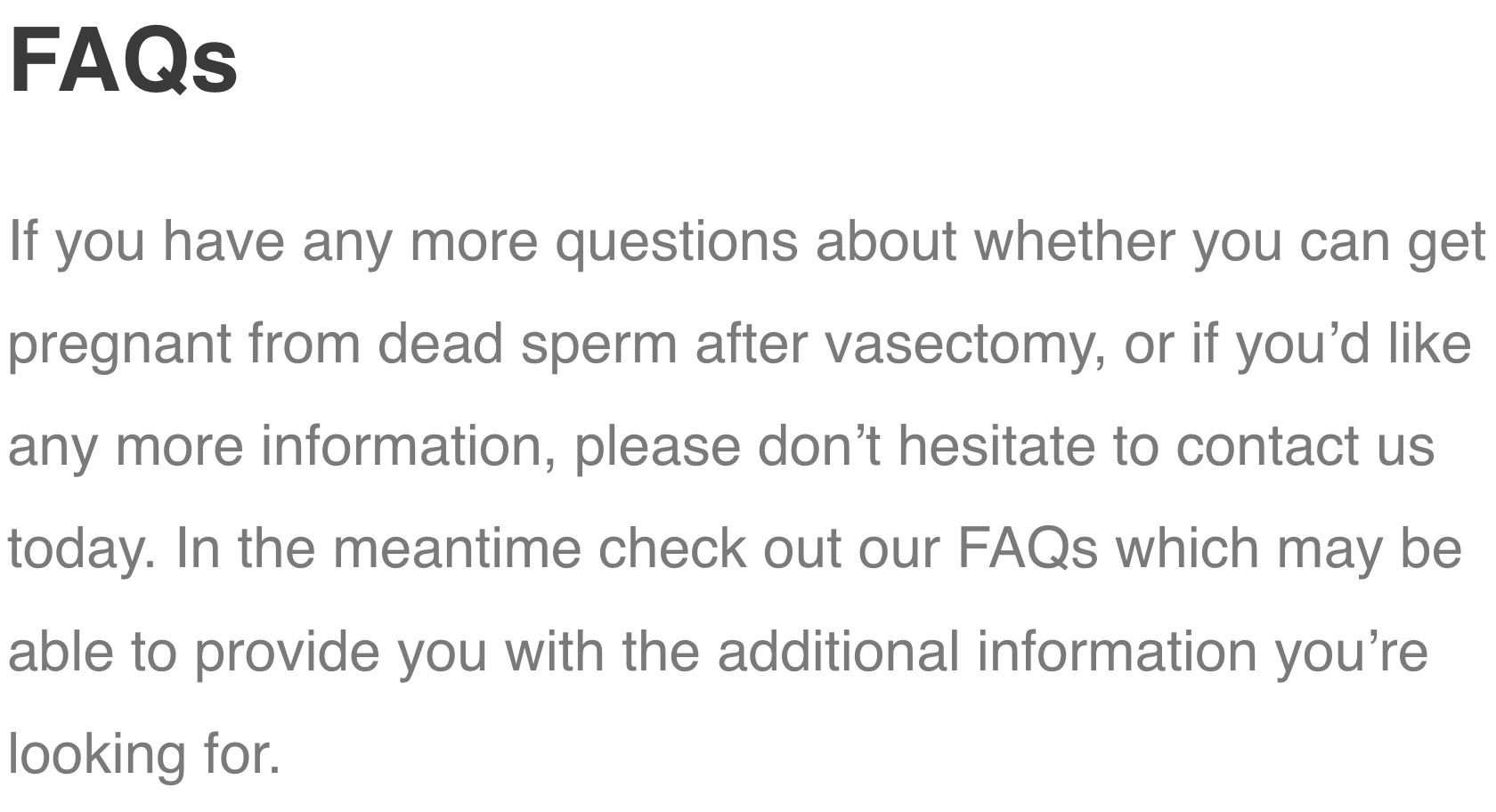

Do vasectomies cause hormonal changes?
No, vasectomies generally do not cause significant hormonal changes as the procedure does not interfere with the testicles’ ability to produce testosterone, so healthy testosterone levels are maintained. Temporary hormonal fluctuations may occur in some rare cases, but these typically resolve over time without causing long-term health risks.
Are there any long-term side effects of a vasectomy?
Long-term side effects of a vasectomy are rare and usually minimal. Most men experience no significant changes in their sex life or overall health. A small percentage of men may experience chronic pain or discomfort in the scrotum, but this is uncommon. It is essential to monitor your health and consult with your healthcare provider if you have concerns about potential side effects.
Can a vasectomy cause erectile dysfunction?
A vasectomy does not directly cause erectile dysfunction. The procedure does not affect the nerves or blood vessels responsible for erections, nor does it impact the production of testosterone. Erectile dysfunction after a vasectomy is likely due to other factors, such as anxiety, stress, or pre-existing health conditions.
Will it affect libido?
A vasectomy typically does not affect a man’s libido. Since the procedure does not interfere with the production of testosterone, the hormone responsible for regulating sex drive, most men can maintain a healthy sex life post-vasectomy. Any changes in libido following the procedure are usually temporary and often related to psychological factors.
Does vasectomy change your personality?
There is no evidence to suggest that a vasectomy changes a person’s personality. Since the procedure does not alter hormone production or levels, it is unlikely to have any direct impact on mood or personality traits. Any perceived changes in personality may be due to psychological factors or changes in life circumstances.
How long after a vasectomy can you resume sexual activity?
After a vasectomy, you can resume sex with another form of contraception after 7 days. It is important to wait until your doctor confirms that your sperm count is zero before resuming sexual activity without another form of birth control. This typically takes about 3 months and requires follow-up testing to ensure that no viable sperm are present.







